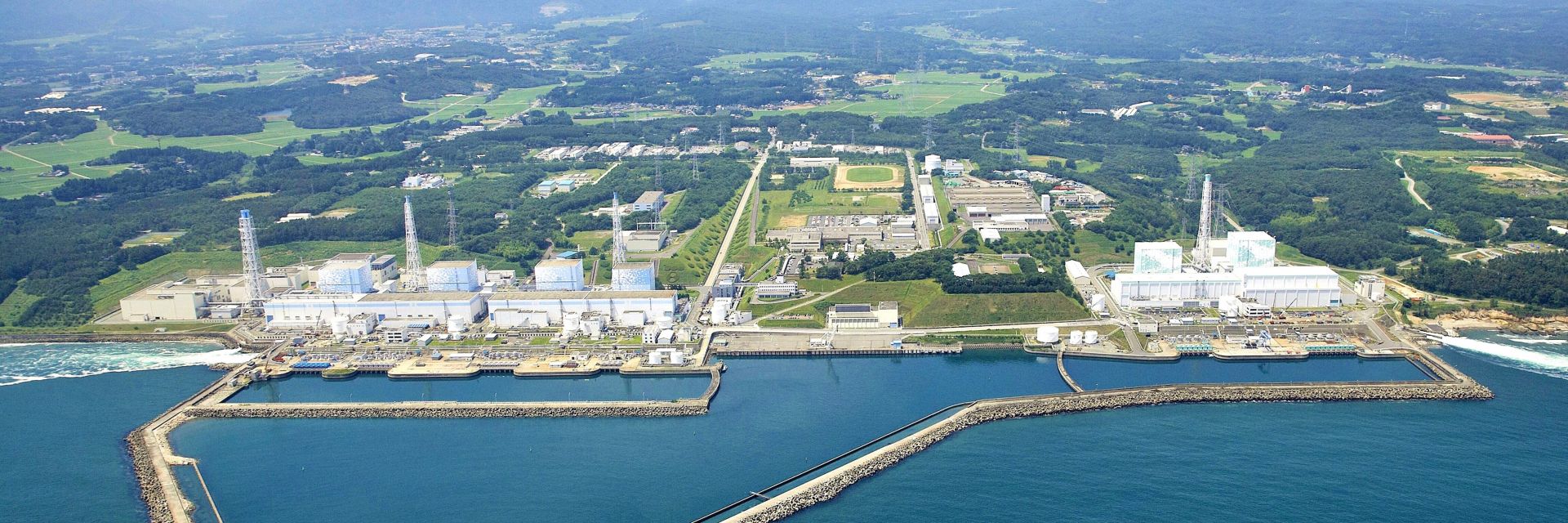E.ON subsidiary Preussen Elektra’s Grohnde nuclear plant, located near the town of Hameln in Lower Saxony, on the banks of the Weser River. (Wikimedia/Heinz-Josef Lücking)
U.S. Forest Service employees Secunda Hughes (left) and Andrew Thompson inspect irrigation piping and sprinkler heads, part of a 62-acre pine plantation used to safely disperse tritium at the Savannah River Site.
The Department of Energy’s Office of Environmental Management (EM) is managing the release of tritiated water using a 62-acre plantation of pine trees and other natural resources to limit radioactively contaminated groundwater from reaching waterways on the Savannah River Site in South Carolina.
A Japanese rat snake is fitted with a GPS transmitter that will allow researchers to track its movements. (Photo: Hannah Gerke)
Author Joshua Goldstein, from the video "The Nuclear Option"
Climate activists rarely mention nuclear power as a tool in the battle against climate change, consumer reporter John Stossel comments during the video "The Nuclear Option" on his YouTube channel.
Watts Bar nuclear power plant in Tennessee
Construction and maintenance services firm Day & Zimmermann (D&Z) has paid $200,000 to resolve allegations that it submitted false claims to the Tennessee Valley Authority for services performed in connection with capital improvement projects at the Watts Bar nuclear plant, the U.S. Attorney’s Office for the Eastern District of Tennessee announced last week.
A current picture of the Fukushima nuclear power station with the more than 1,000 water storage tanks on site. Photo: Courtesy of TEPCO.
The Japanese government will soon announce the decision to dispose of stockpiled Fukushima wastewater into the Pacific Ocean, according to an AP News story published last Friday. The decision is years in the making and follows the guidelines from a panel of government-appointed experts named the Subcommittee on Handling of the ALPS-Treated Water (ALPS Subcommittee).
Point Beach Units 1 and 2. Photo: NRC
An atomic safety and licensing board has been established to address a hearing request filed on behalf of an antinuclear group regarding the subsequent license renewal (SLR) application for NextEra Energy’s Point Beach reactors, located near Two Rivers, Wis. The Nuclear Regulatory Commission published notice of the panel’s formation in the April 2 Federal Register.
ANS flooding and seismic consensus standards assist the NRC and DOE in buttressing nuclear facility safety policies
April 2, 2021, 2:47PMNuclear NewsLeah Parks, Carl Mazzola, Jim Xu, and Brent Gutierrez A map of Japan highlighting the Fukushima prefecture.
March 11 will mark the 10-year anniversary of the Fukushima Daiichi event, when a 45-foot tsunami, caused by the 9.0-magnitude Great Tohoku Earthquake, significantly damaged the reactors at Japan’s Fukushima Daiichi nuclear power plant. In response to this event, the U.S. Nuclear Regulatory Commission took actions to evaluate and mitigate beyond-design-basis events, including a new requirement for the staging of so-called Flex equipment, as well as changes to containment venting and improvements to emergency preparedness. The U.S. Department of Energy also addressed beyond-design-basis events in its documented safety analyses.


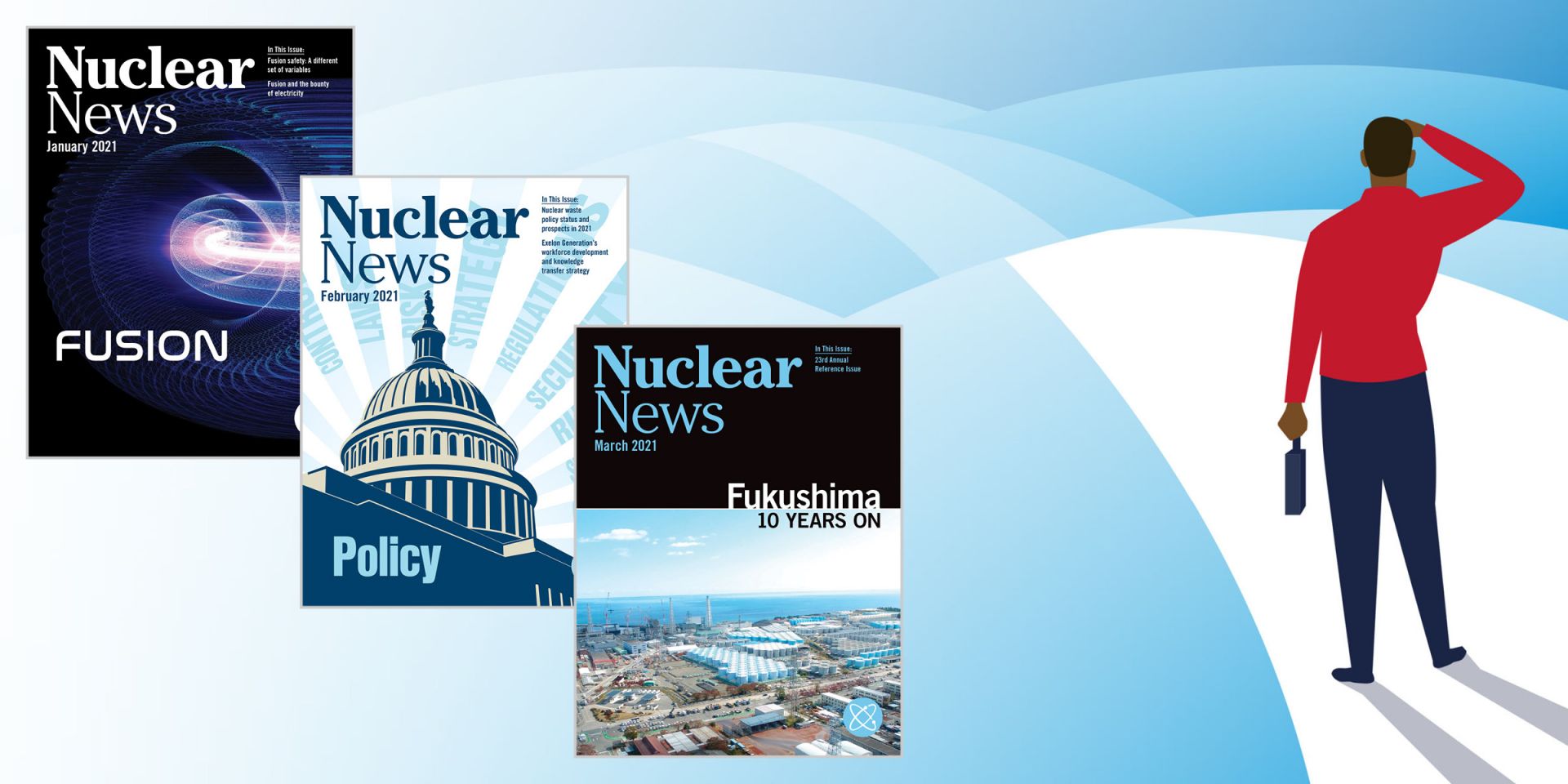


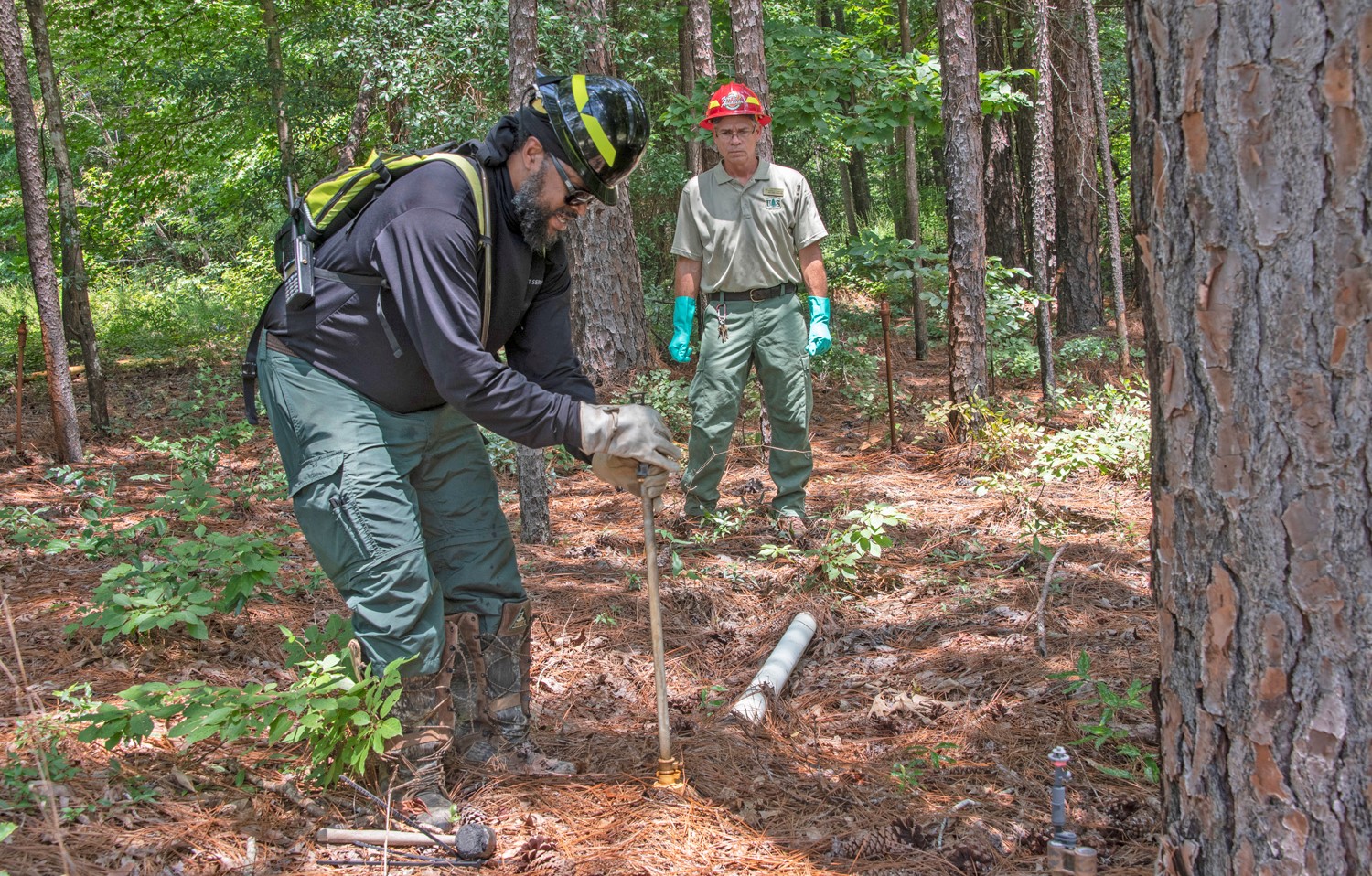 and Andrew Thompson.jpg)




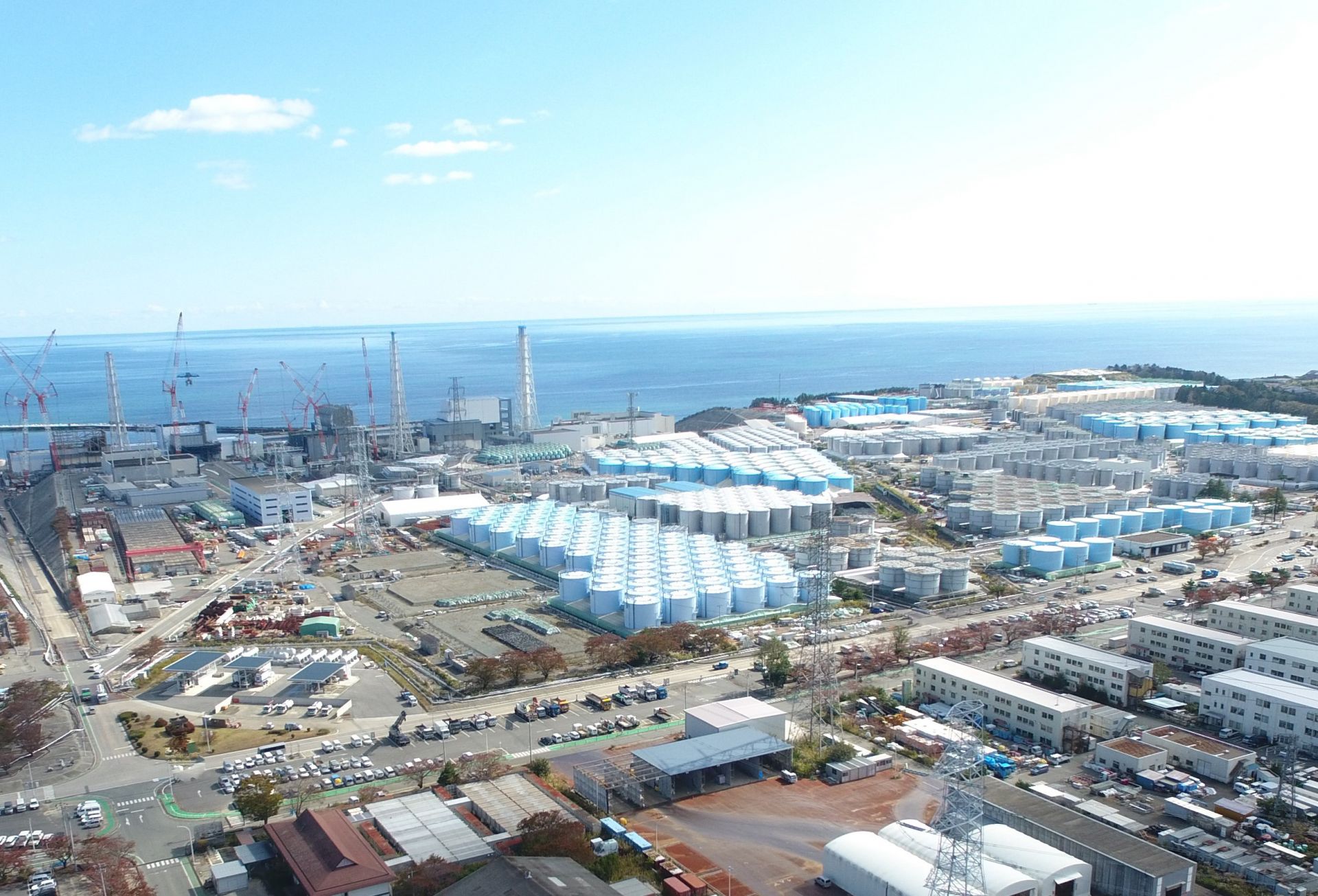.jpg)

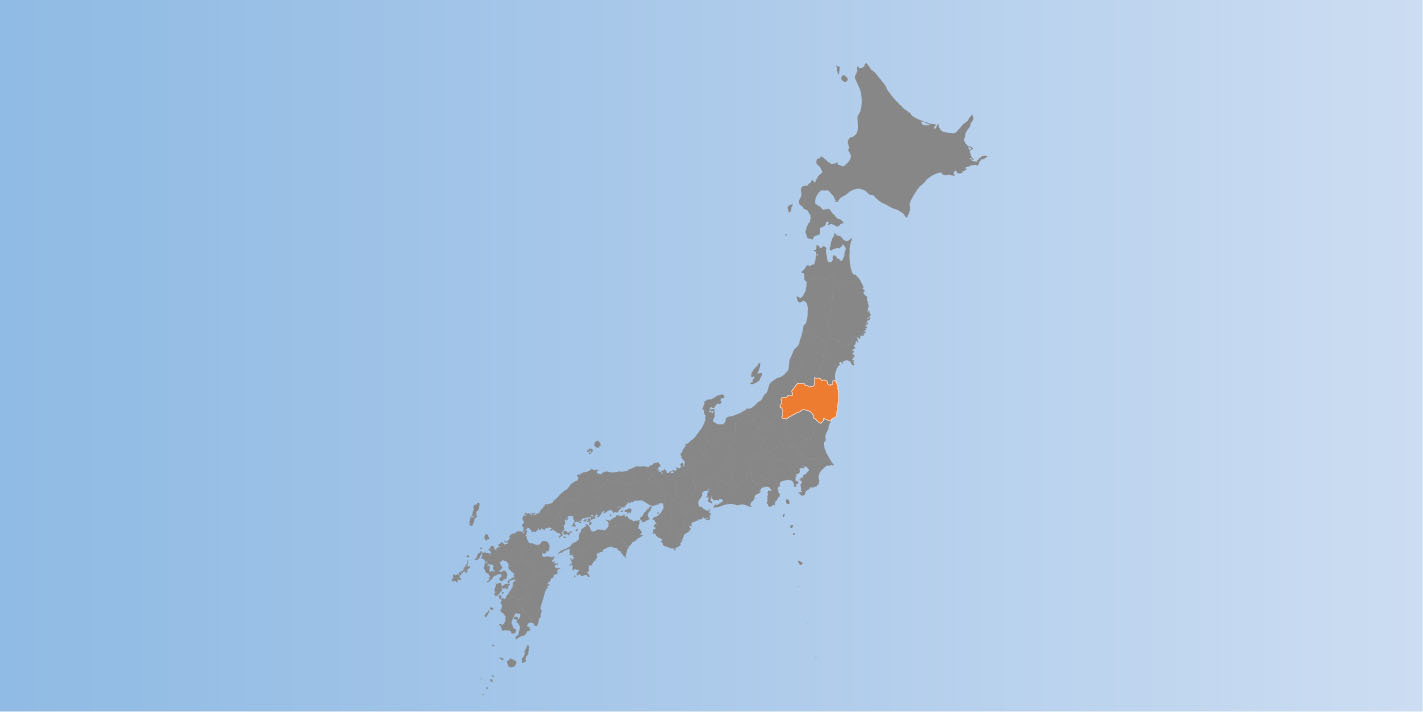




 Nuclear power is an important component in the fight against climate change, but independent regulation is needed to gain the public’s---and governments'---trust, according to a March 6 article in The Economist, “
Nuclear power is an important component in the fight against climate change, but independent regulation is needed to gain the public’s---and governments'---trust, according to a March 6 article in The Economist, “